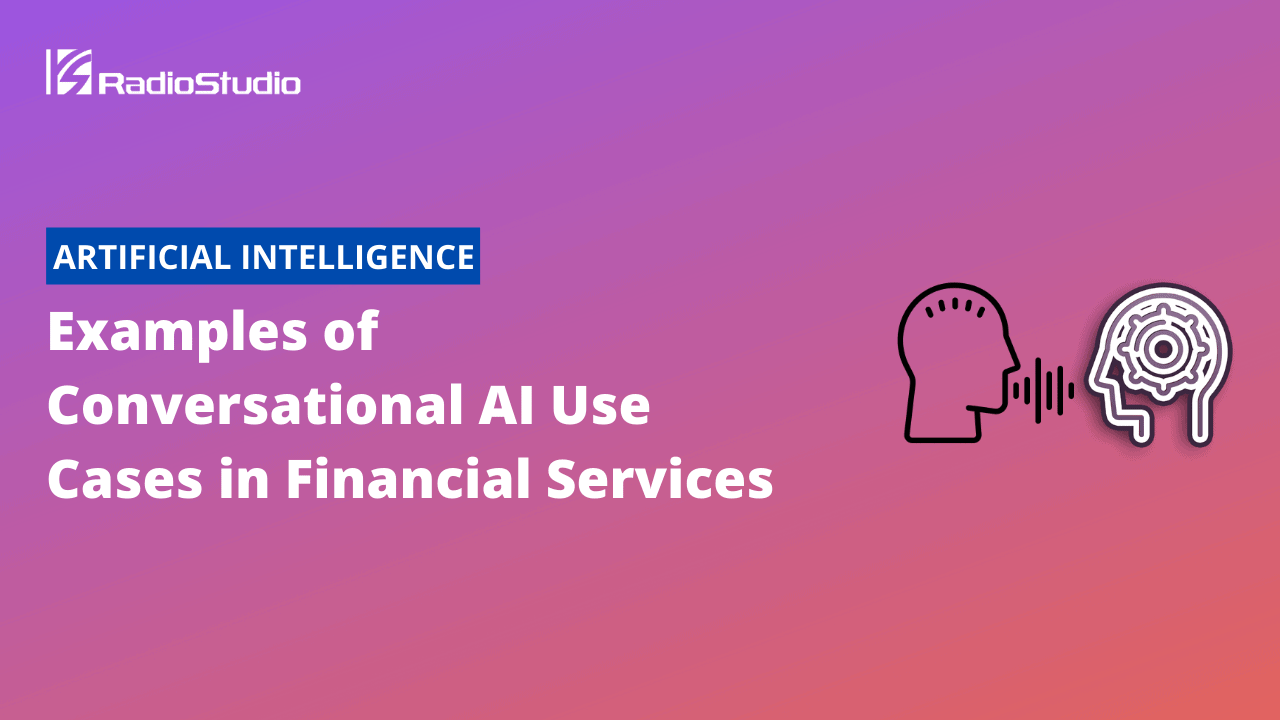Banking and financial services customers have high expectations for quality customer service – after all, their money and their time are both involved. In fact, Forrester found that 66% of customers said the most important thing a company can do is value their time. Conversational AI and Interactive Virtual Agents (IVAs) are convenient, efficient and effective for helping customers with common tasks and provide a highly improved customer experience over the use of interactive voice response (IVR) for digital or online banking, which might require customers to dig through numerous layers of menus before getting to the right account and right task.
This post was originally published in Plum.
Over 60% of customers expressed a preference for self-service in American Express’ last survey, so getting this experience right is paramount to your overall customer experience for a financial institution.
Compared to traditional IVR, conversational AI makes it possible to deliver personalized, intelligent automated customer service that directly answers questions and is highly engaging. The following are just a few examples of where we have seen conversational AI enhance the customer experience for banks, brokerages and other financial institutions while keeping costs down by improving overall call containment and reducing the need for interactions with live agents:
- Anti-fraud activity. This can include both inbound and outbound interactions. A customer who contacts you to report fraudulent activity on their account will already be stressed – conversational voice simplifies the process of reporting transactions and placing a hold on an account if needed. Similarly, conversational outbound applications that contact the customer for transaction verification and any follow-up steps like blocking or unblocking a card that address all of the concerns related to the customer’s account.
- Card activations and servicing. Use a conversational dialogue to walk customers through all of the verification steps for new cards, and make the process fast and secure versus web activations. For prepaid or gift cards, automated self-service dialogue can also assist with checking balances, balance top-ups and other card servicing.
- Payments: Facilitate payments of any amount, from existing accounts or another form of payment like a credit card, with secure conversational applications built on PCI-compliant cloud hosting – less frustrating than inputting details into traditional IVR systems. And on the outbound side, your proactive payment reminders become easily actionable with conversational AI which can help the customer make full or partial payments.
- Product selection: Conversational AI allows customers to ask questions like “What’s the difference between a regular IRA and Roth IRA?”, What mortgage terms do you offer?”, or “Which credit card is best for me if I pay the balance in full every month?” and get the best answers for their situation – something an IVR alone could never do. In many cases, this empowers the customer to select what they need without an agent, and complete the setup and onboarding via virtual assistant as well. For more complex situations, the conversational AI allows customers to educate themselves before talking to an agent, who can then handle the details and finalize their application.
- Onboarding support and process automation: After product selection, more complex financial products will often result in the need for subsequent interactions during the onboarding process. For example, customers pursuing a mortgage may have questions like “How many years of tax returns are needed?”, their application status in general or whether the home they have under contract passed the bank’s appraisal. Products like IRAs will need to be funded, and AI-powered conversational outbound dialogues can notify the customer that the account is ready and help them get it funded from an existing checking or savings account.
- Everyday interactions: The above examples are more specific, but conversational AI also facilitates self-service for the most common, everyday interactions financial customers have. Even simple activities like checking balances, making transfers, and confirming which of their bill payments have cleared are all more convenient in natural language for customers who prefer interacting via voice.
Whether you’re looking to upgrade an existing IVR or implementing a completely new automated customer service solution for your financial institution, selecting the right provider is important. PCI-compliant hosting is essential in this field, and choosing a cloud hosted IVA solution with Level 1 PCI compliance simplifies this immensely – outsourcing the heavy lifting that goes with compliant hosting. Flexibility in solution building is also important. For institutions with in-house development capability, templated applications can get you up and running quickly and allow for easy future updates, or more sophisticated coders should look for standards-based and customizable platforms. When you don’t want to build in-house, a vendor with a robust professional services department that has experience developing banking and financial solutions can help you choose the right AI engine for your use cases and deploy your new applications rapidly.
Plum Voice provides reliable, PCI-compliant cloud hosting for your self-service applications and a variety of options for deploying AI-powered IVA solutions, whether you choose no- or low-code solutions, building your own VXML applications or working with our professional services team. Contact us today to learn more.


